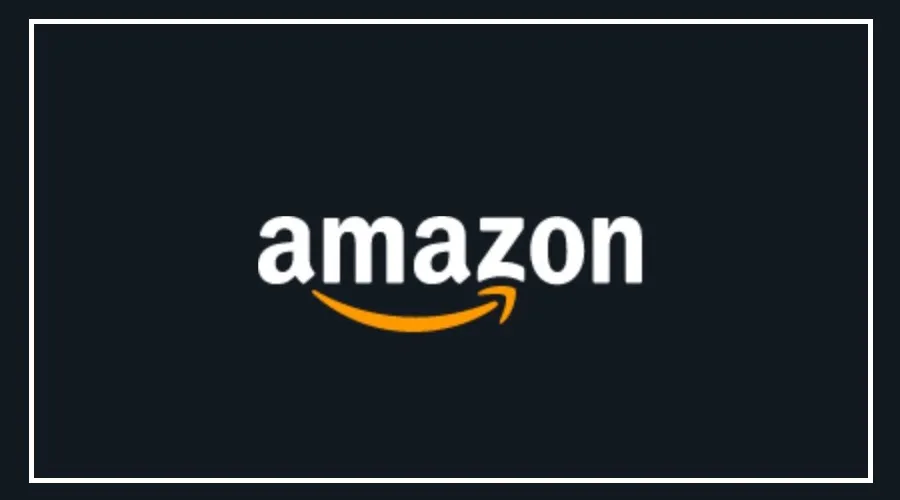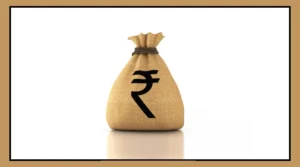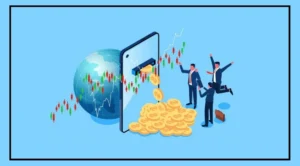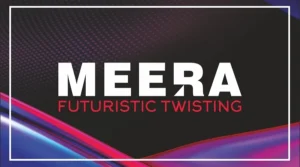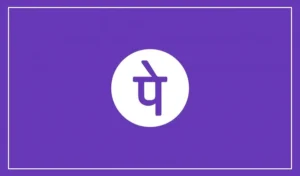E-commerce companies are competing to deliver goods as quickly as possible.
Blinkit claims it can deliver items within 10 minutes, and Flipkart’s ‘Minutes’ service promises deliveries within 10-15 minutes.
Amazon is also preparing to enter the quick commerce market in India, with plans to launch its own service in the first quarter of next year.
Amazon’s Quick Commerce Plans
According to ET, Amazon has appointed a senior executive to oversee the launch of its Quick Commerce service in India and develop its strategy.
The report also noted that Flipkart recently introduced its ‘Minutes’ service in Bangalore. An
insider mentioned that the growth in Quick Commerce cannot be ignored, highlighting its increasing importance.
Amazon is also considering buying a stake in Swiggy’s quick service platform, Instamart.
Although this deal is still under discussion, it requires approval from Amazon’s headquarters.
Amazon’s India head, Manish Tiwari, is leaving the company in October, adding uncertainty to the project.
Nishant Sardana, previously responsible for various product categories at Amazon India, is now leading the Quick Commerce business.
Ranjit Babu, former chief executive of Cloudtail, will handle consumer electronics and other product verticals. An Amazon spokesperson declined to comment on the speculation.
Delivery Time Goals and Market Changes
Amazon aims to reduce its delivery times to 20-30 minutes, although it still has a next-day delivery option for some items.
The company’s grocery delivery, initially led by its pantry service, now relies on More Retail Stores for quick fulfillment and customer pick-ups.
The final service model is still being developed, but plans are to begin with a limited selection of items.
The quick commerce landscape has evolved rapidly in 2024, with companies like Zepto expanding their dark store networks and product ranges.
Zepto is nearing $1 billion in funding, highlighting the sector’s growth.
Expanding Quick Commerce Offerings
During the upcoming Diwali season, the focus will shift to increasing the number of products available through quick commerce.
Flipkart’s ‘Minutes’ service, which launched in Bengaluru, will soon be available in New Delhi and Mumbai. BigBasket is also moving towards quicker delivery models.
For Flipkart, ‘Minutes’ is a key priority, leveraging its logistics infrastructure and wide range of products.
By the festive season, Flipkart aims to operate around 100 dark stores.
India’s e-commerce market grew 18-20% by value in the first half of the year, with grocery sales up over 38%, largely driven by quick commerce.
The quick commerce market is expected to reach $6 billion by 2025, with nearly 40% of online grocery sales coming from this sector.
The top players—Blinkit, Instamart, and Zepto—have driven a 230% growth in the segment from 2021 to 2023.
According to UBS, Flipkart’s low pricing strategy has helped it gain market share.
By July, Blinkit led with 40-45% of the market, followed by Swiggy Instamart (20-25%), Zepto (15-20%), and BB Now (10-15%).


